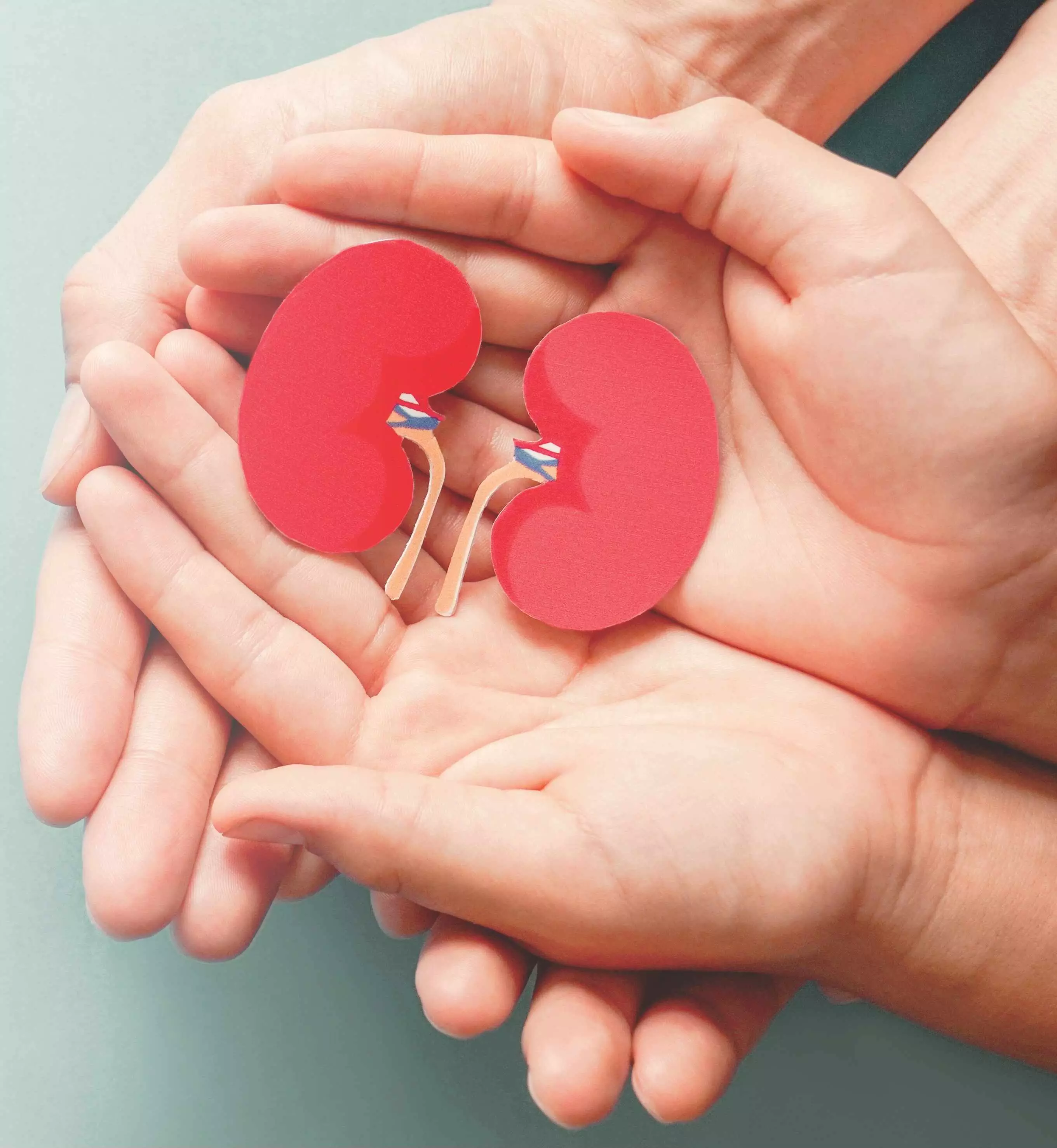World Kidney Day: Here are dos and don’ts for keeping kidneys healthy
Dr Archana Daftardar, consultant nephrologist, Renova Hospitals, talks about CKD
By Sulogna Mehta
Representational Image.
Hyderabad: Kidney ailments are on the rise given the change in lifestyle, dietary habits, and other comorbid conditions like diabetes and obesity.
The abuse of over-the-counter painkillers is making things worse.
Chronic kidney disease (CKD) is estimated to affect more than 850 million people worldwide at present. Kidney ailments rank as the eighth leading cause of death and it is projected to be the fifth leading cause of death by 2040.
The statistics from India are no better. The approximate prevalence of chronic kidney disease in India is 800 per 10 lakh people, while the incidence of End-Stage Renal Disease (ESRD) is 150 to 200 per 10 lakh.
On the occasion of World Kidney Day, which is observed on the second Thursday of March every year (March 14 in 2024), Dr Archana Daftardar, consultant nephrologist, Renova Hospitals, talks about the causes for the increase in renal ailments, risk factors, challenges and advancement in treatment.
The joint steering committee for World Kidney Day, 2024 has declared the theme as ‘Kidney Health for All - Advancing Equitable Access to Care and Optimal Medication Practice.’
Causes of Chronic Kidney Disease (CKD) and risk factors
“The most common cause of CKD is linked to diabetes followed by hypertension. With lifestyle diseases like diabetes and hypertension affecting almost every household, cases of CKD have also increased. Other causes are related to kidney stones, autoimmune diseases, urinary infections, and Glomerulonephritis (inflammation and damage to the kidneys that affect the filtering function). Another reason for rising kidney ailments is indiscriminate use, rather abuse of Non-Steroid Anti-Inflammatory Drugs (NSAID) and excessive use of over-the-counter painkillers,” said Dr Archana.
“Some people are more at risk of developing kidney ailments than others. These people usually have a family history of kidney failure, or have complexities including diabetes or cardiovascular disease or high blood pressure, older age, obesity, and those who are used to taking unsupervised painkillers over some time,” added the doctor.
Need for raising awareness about CKD
Globally, patients struggle to access care and medication due to high costs of treatment and misinformation. Raising awareness about CKD risk factors such as diabetes, hypertension, and obesity, enhancing health literacy about healthy lifestyle choices, and self-care, and promoting long-term adherence to treatment strategies can bring large benefits especially when initiated early and maintained consistently.
However, this requires overcoming barriers at multiple levels. These include gaps in early diagnosis, lack of universal healthcare, lack of insurance coverage, low awareness among healthcare workers, and challenges to medication cost and accessibility, said the nephrologist.
Overcoming the challenges
“Recent advancements in medical science have offered many opportunities to prevent or delay the disease and mitigate complications such as cardiovascular disease and kidney failure, ultimately prolonging the quality and quantity of life for people living with CKD. Ideally, these new therapies should be universally accessible to all patients, in every country, particularly in low-and-middle-income countries. However, the inequities about it emphasize the need to shift the focus towards CKD awareness and providing optimal kidney care throughout the world,” Dr. Archana averred and listed the various steps that can be taken at a policy level as well as at professional and community level to overcome the challenges.
Health policies: Targeted health policies that holistically integrate kidney care into existing health programs, adequate funding for kidney care, and spreading kidney knowledge about kidney health to the public and the healthcare workforce.
Also, equitable access to kidney disease screening for early diagnosis and sustainable access to quality treatment is the need of the hour.
Healthcare professionals: A shortage of primary care professionals and kidney specialists need immediate attention to fill up the gap and also training programs for professionals are required. Enhancing kidney disease awareness among primary care physicians, nurses, and community health workers is also required.